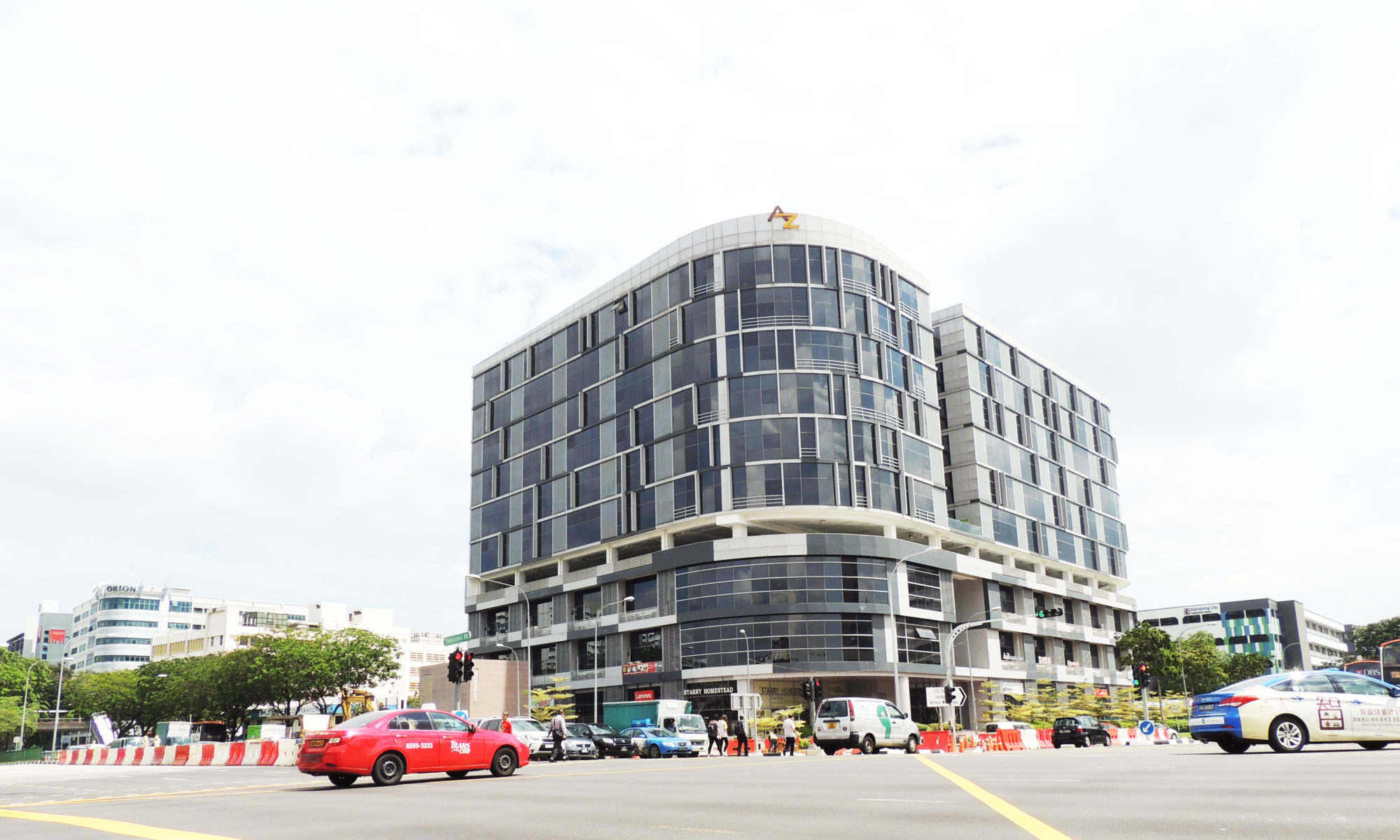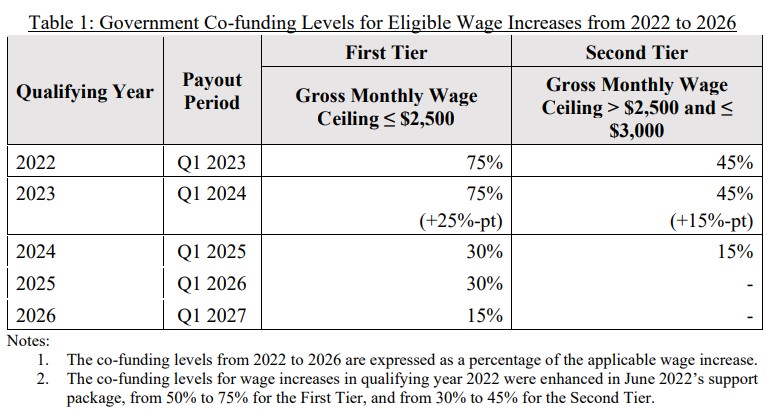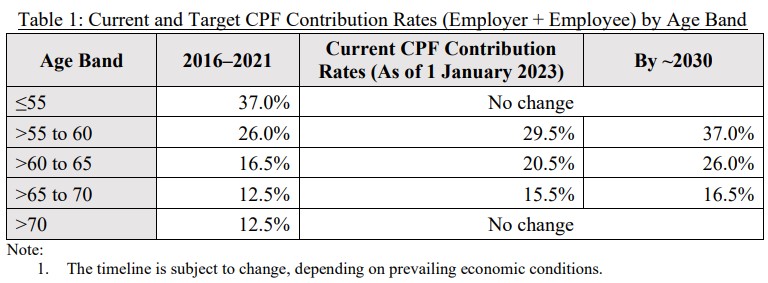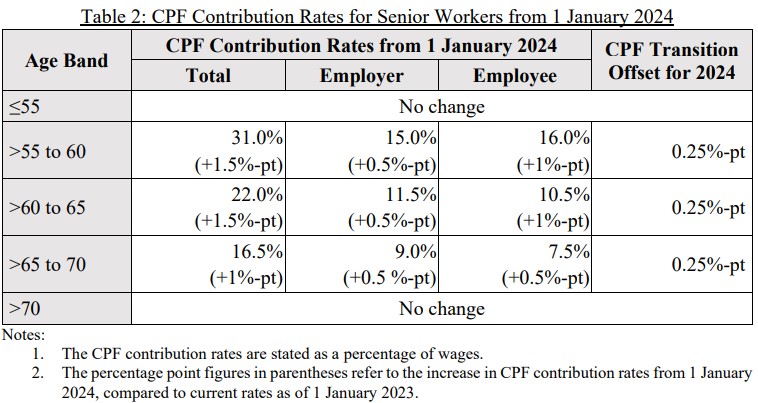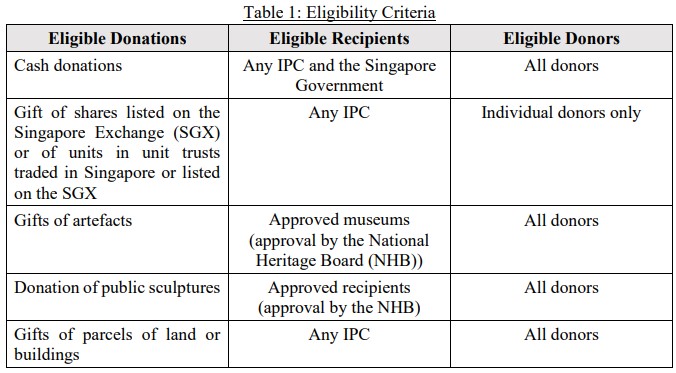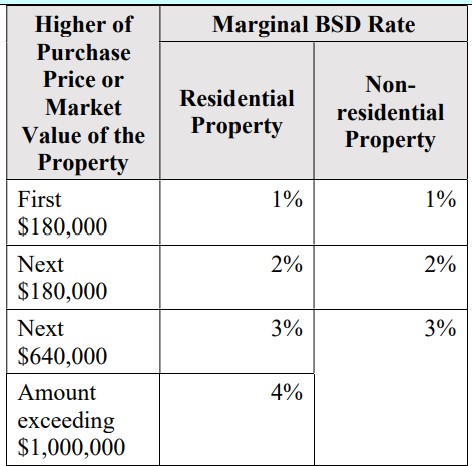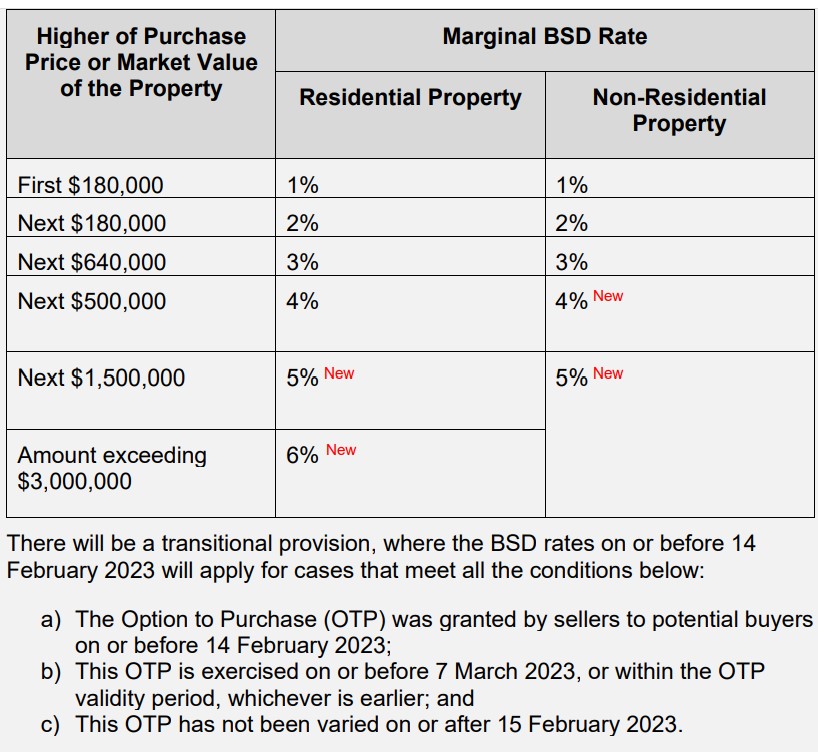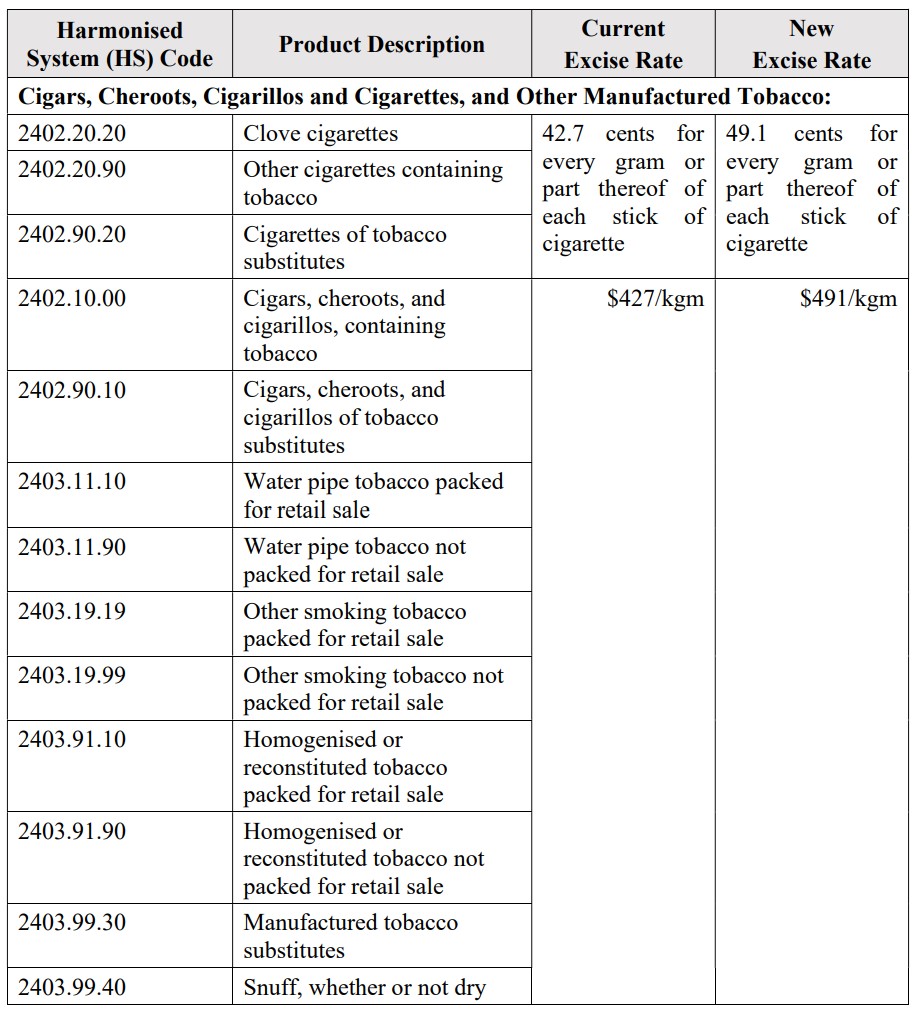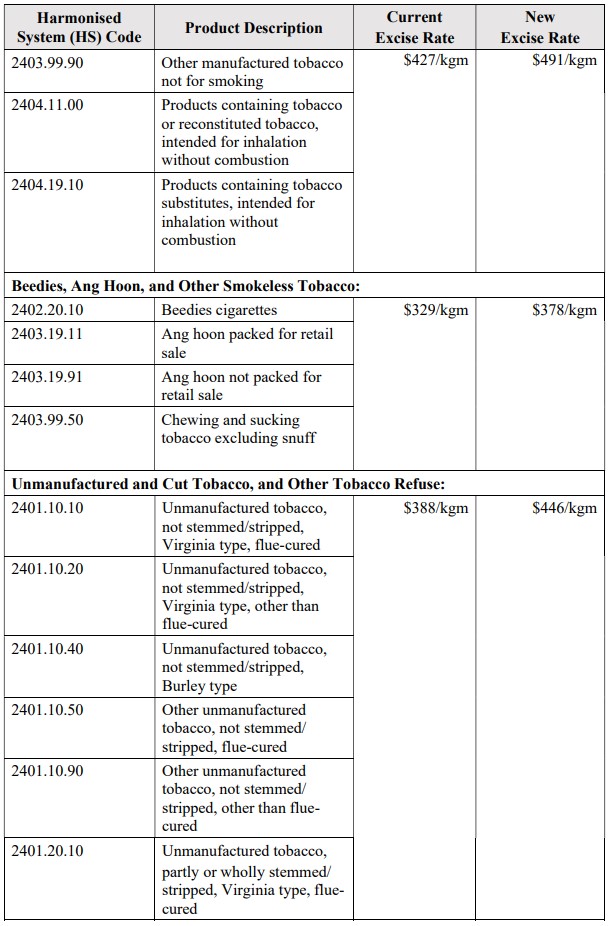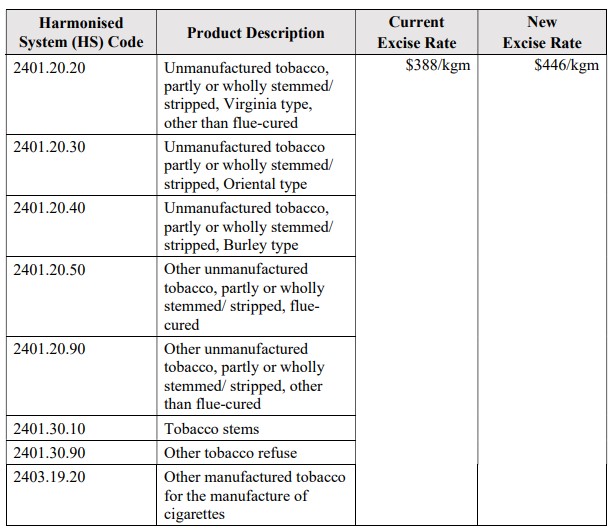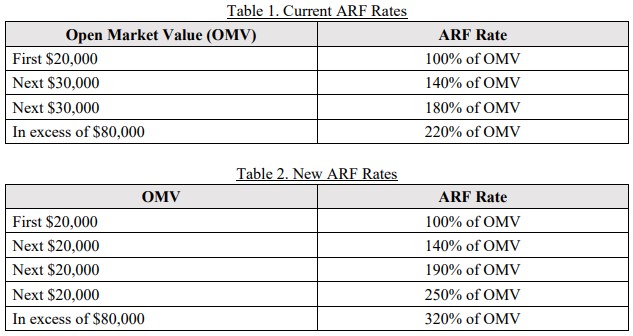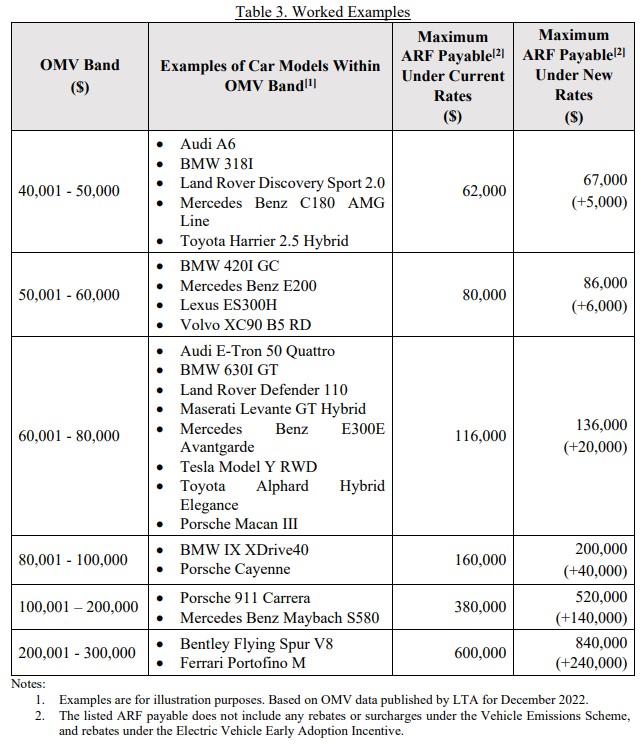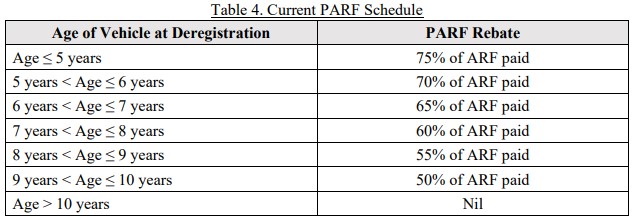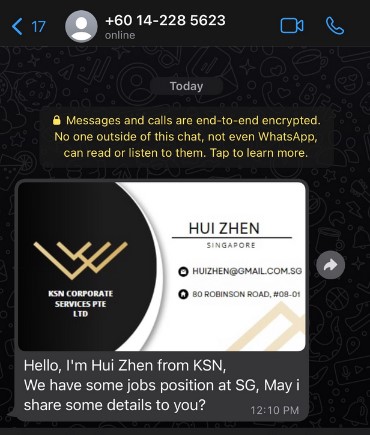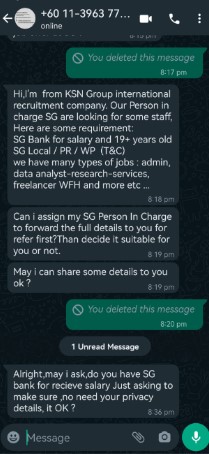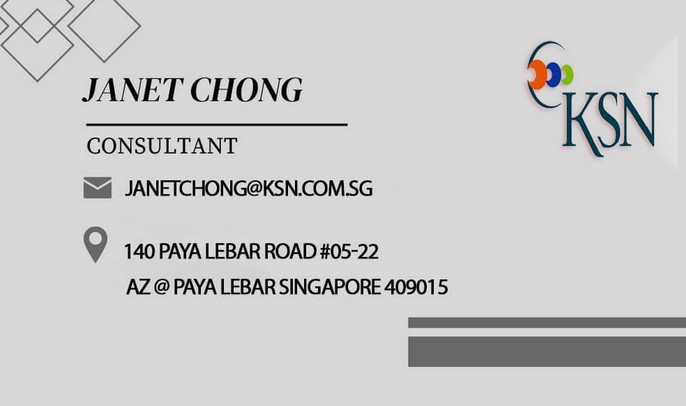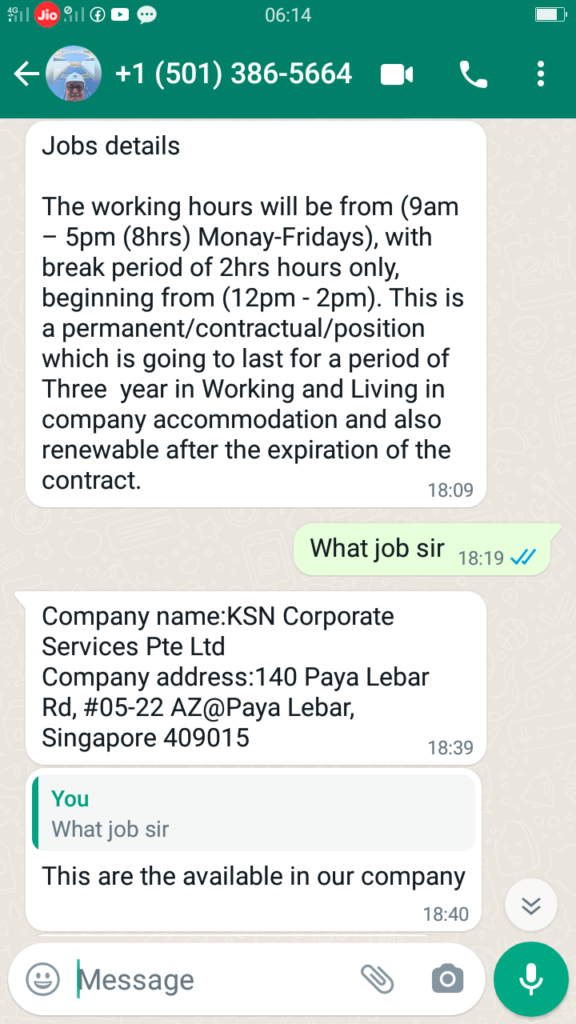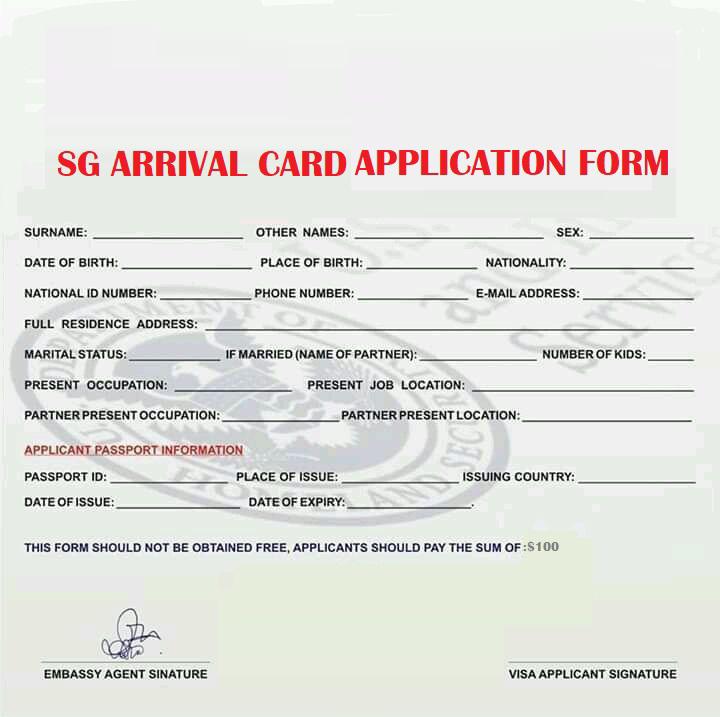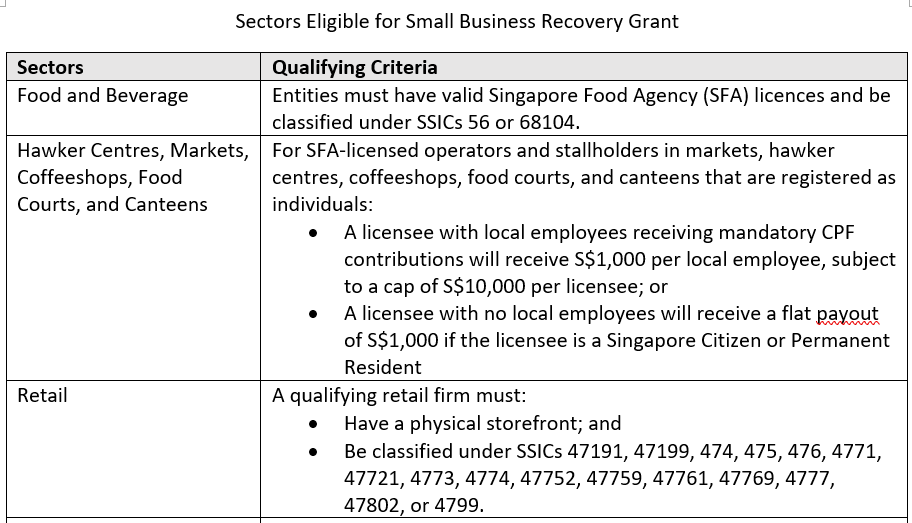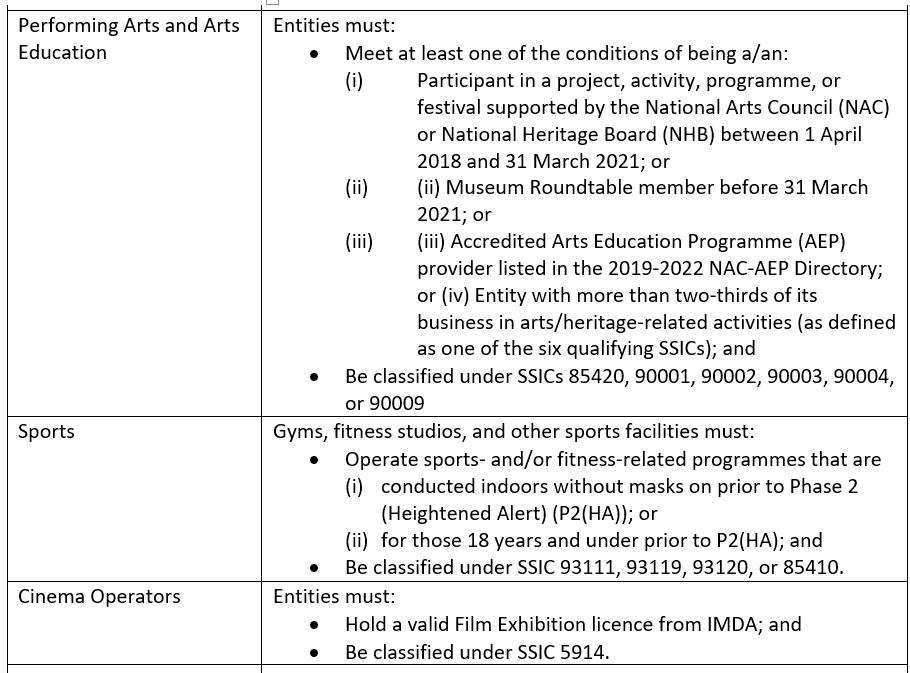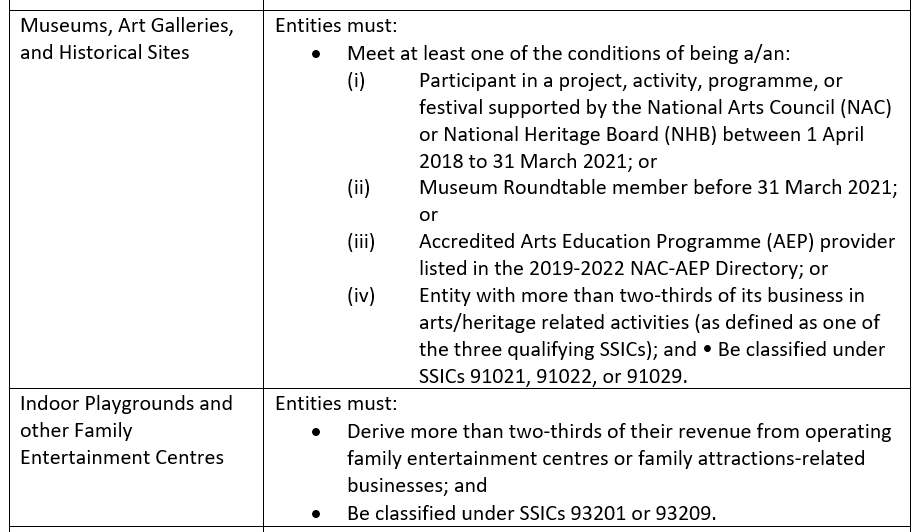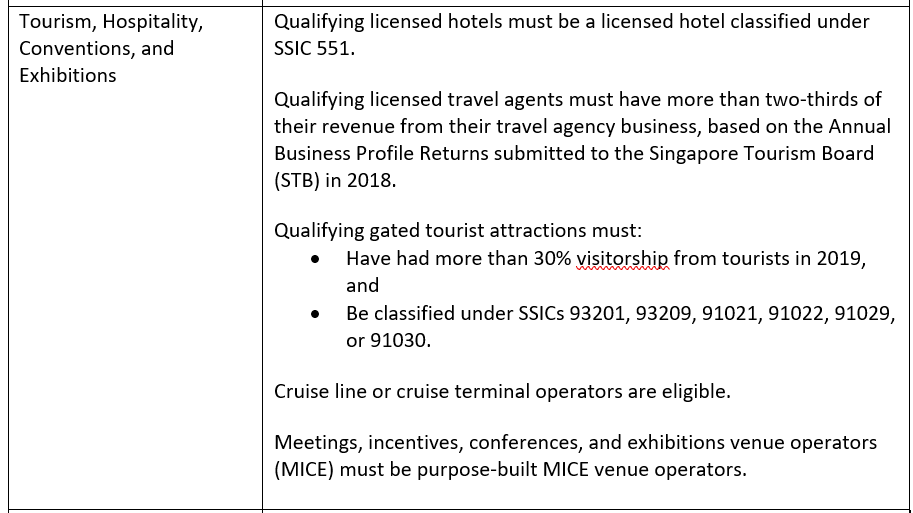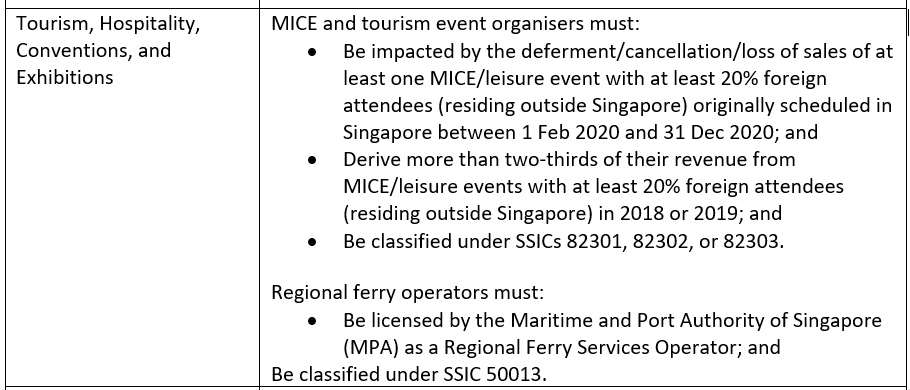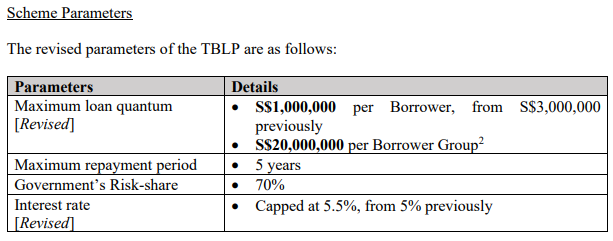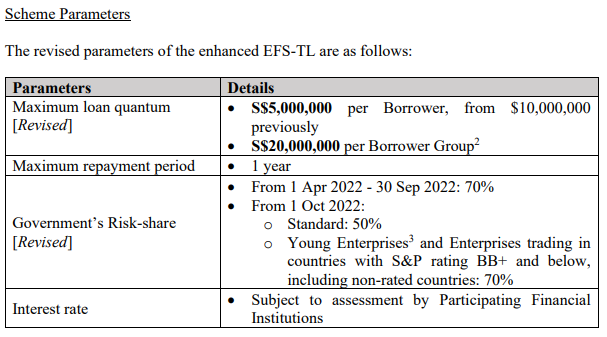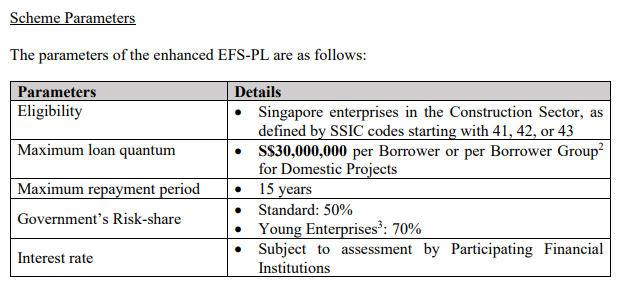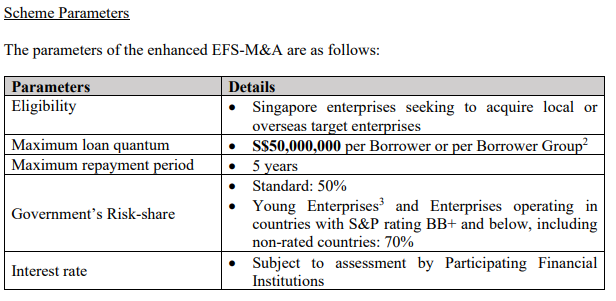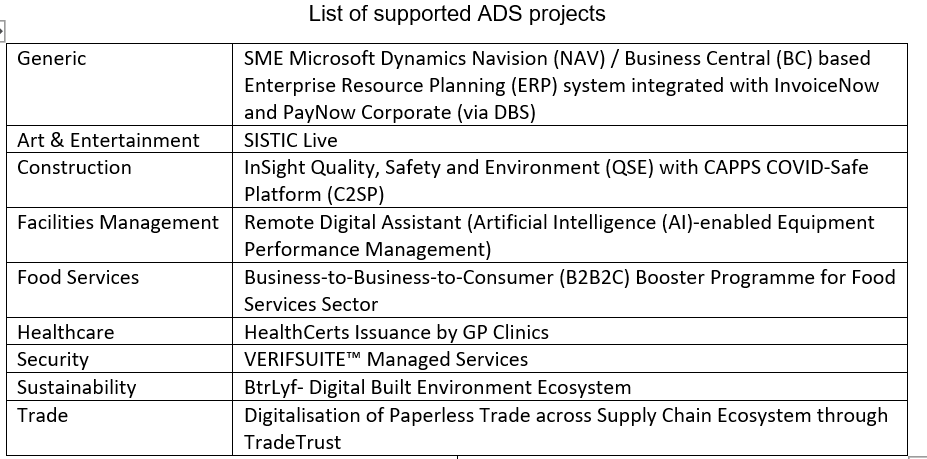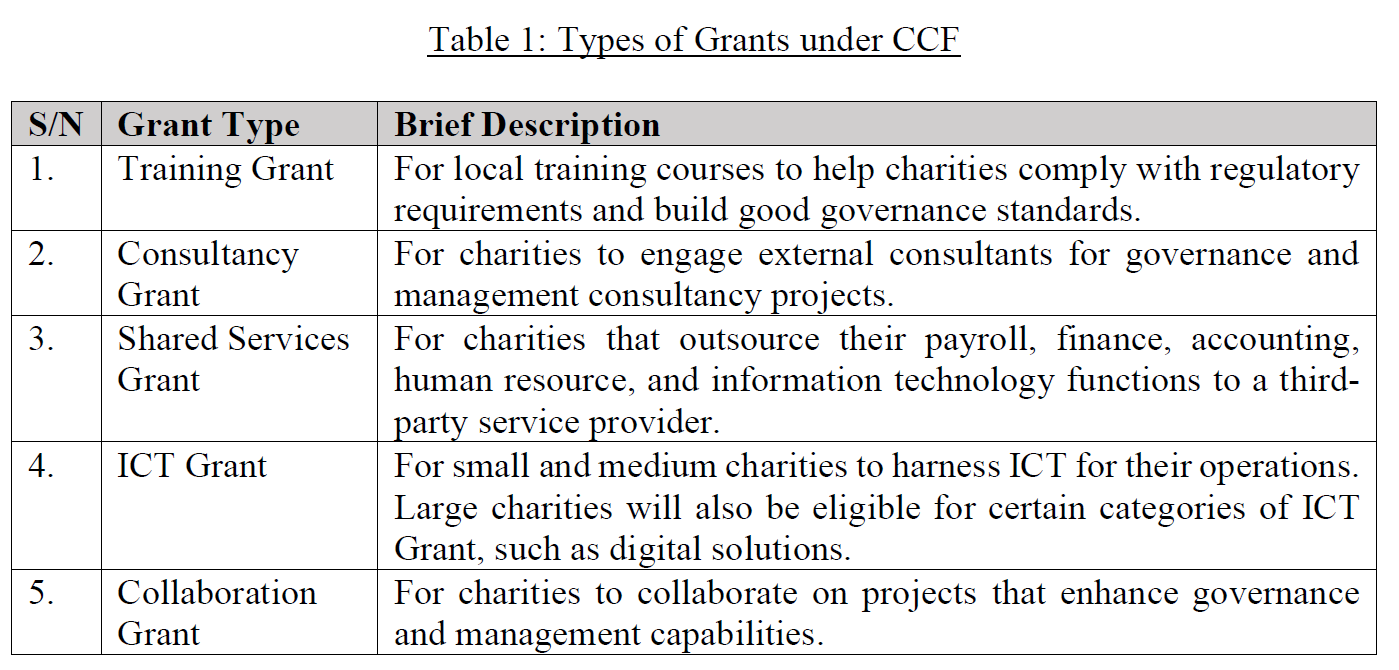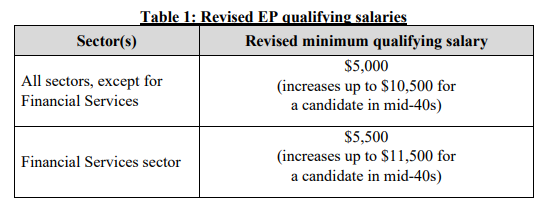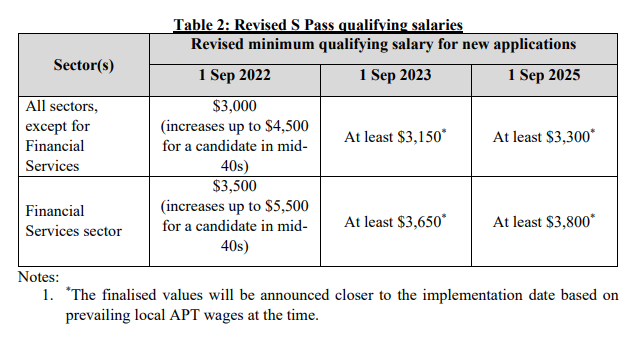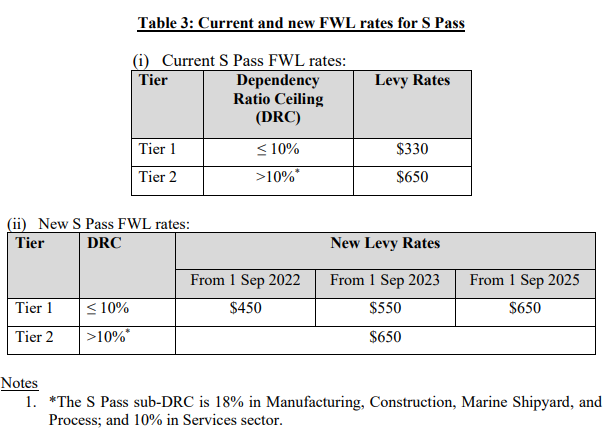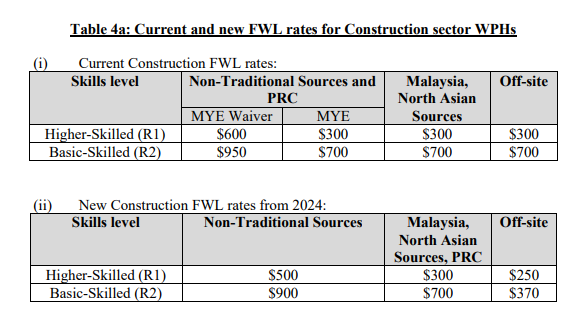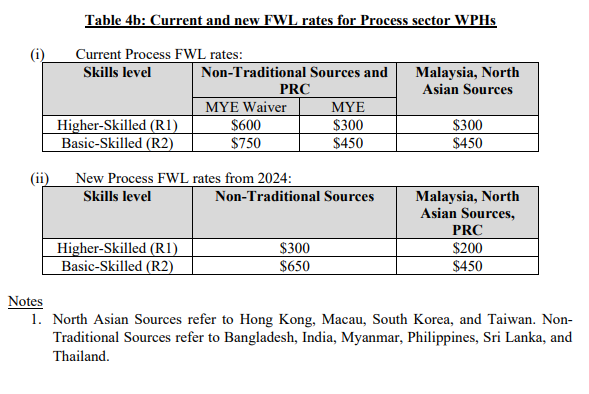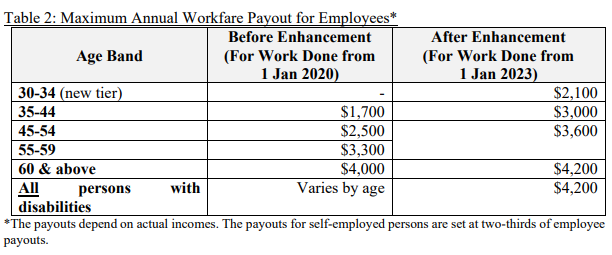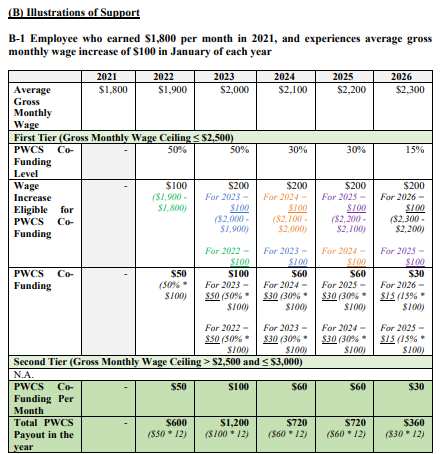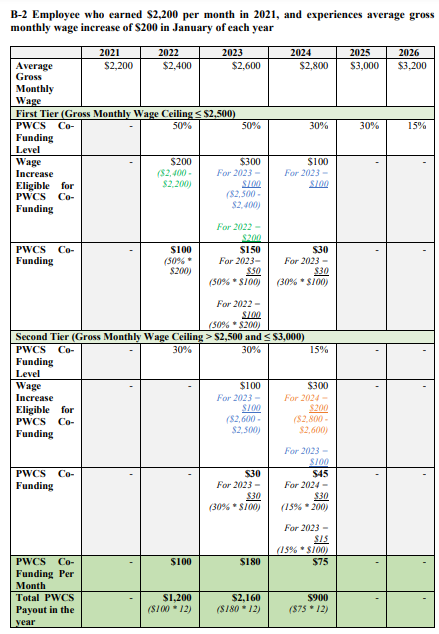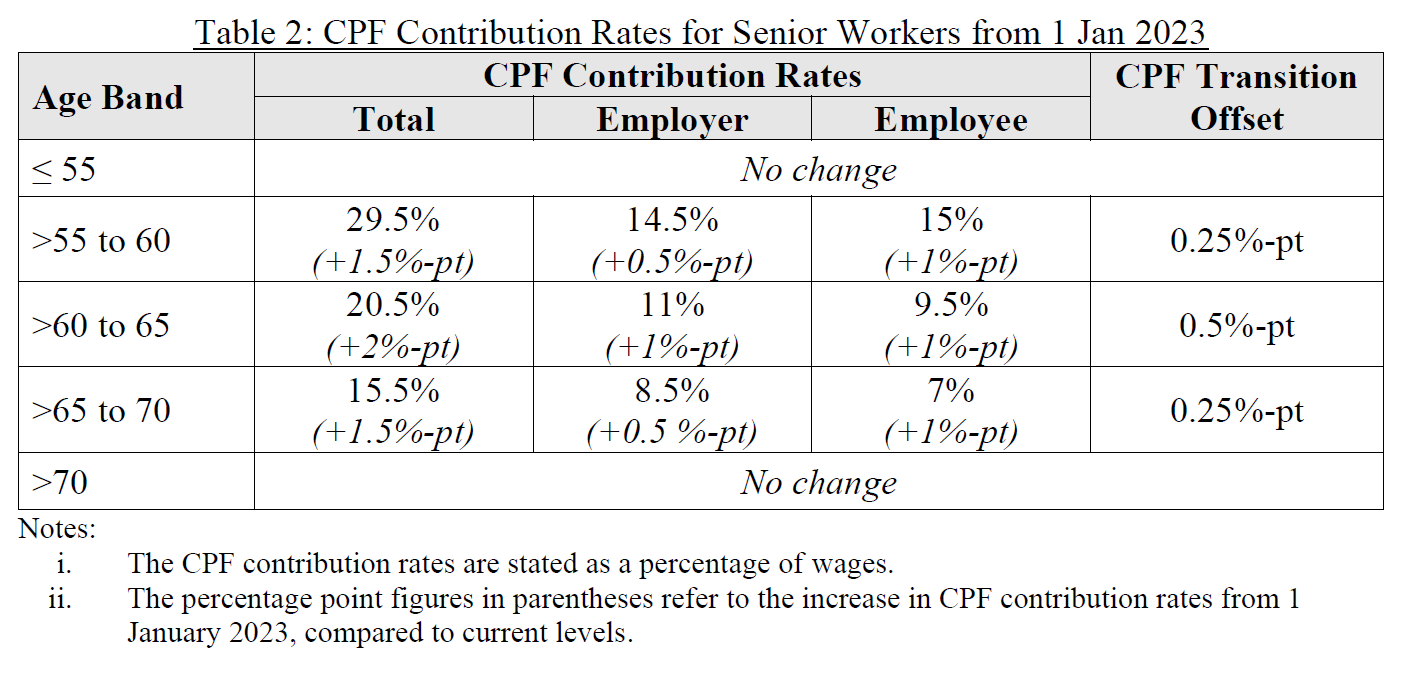A recent Singapore High Court decision ordering an Instagram seller to pay S$200,000 to Louis Vuitton for infringing its trademarks highlights the serious consequences of IP violations—even by small-scale operators. This case offers important guidance for businesses on how to actively protect their IP assets in a digital, fast-moving marketplace.
Why IP Protection Matters
Infringement not only dilutes brand value but can also mislead consumers, damage reputation, and impact revenue. Ignoring unauthorised use or failing to enforce rights early may weaken legal protection over time.
Step-by-Step Guide: How Companies Can Protect Their IP
Step 1: Register Your IP Rights Early and Broadly
Ensure all key assets—logos, brand names, product designs, slogans, and trade secrets—are registered under the relevant IP categories (e.g. trademarks, designs, patents) in each jurisdiction you operate.
Louis Vuitton’s success in court was based on its existing trademark registrations.
Registration strengthens your legal position and simplifies enforcement.
Step 2: Monitor Online Platforms Regularly
Use internal teams or third-party services to monitor e-commerce sites, social media platforms, and independent online stores for counterfeit listings or unauthorised brand use.
In the Louis Vuitton case, the infringer used Instagram accounts to sell replicas with the company’s branding.
Detecting such activities early helps prevent scale-up and public confusion
Step 3: Take Swift Action Upon Discovery
Send cease-and-desist letters as a first response. If ignored or breached, escalate quickly to legal proceedings.
The seller in the Louis Vuitton case ignored initial warnings and continued operations under new account names, leading to court action.
Delay in response may be interpreted as tolerance or weaken your enforcement credibility.
Step 4: Secure Evidence Properly
Collect hard evidence of the infringement. This may include screenshots, transaction records, covert purchases, and expert assessments of the counterfeit nature of the goods.
Louis Vuitton purchased several counterfeit items to present clear, physical evidence in court.
Strong evidence supports both damages and injunctive relief.
Step 5: Pursue Legal Action Proportionately
If infringement persists, pursue legal enforcement based on the scale and impact of harm. Ensure damage claims are supported by data.
Louis Vuitton originally sought higher damages, but the court reduced it to S$200,000 after assessing actual harm and evidence.
Excessive or unsupported claims may be rejected by the courts.
Step 6: Monitor for Repeat Infringement
Even after a judgment or settlement, continue monitoring for the same infringer reappearing under different names or platforms.
The seller in the case rebranded after the initial warning and continued operations, which was considered in the court’s ruling.
Post-enforcement monitoring is essential to maintain control.
Step 7: Educate Internal Teams and Partners
Ensure marketing, sales, and procurement teams understand the company’s IP rights and know how to identify and escalate potential infringements.
Many infringement cases originate from distributors or third-party sellers misusing IP assets.
Training internal staff and partners reduces the risk of inadvertent violations.
Conclusion
The Louis Vuitton case is a clear example of the importance of defending intellectual property actively, even against small-scale or digital infringers. A structured, proactive approach—built on early registration, ongoing monitoring, and decisive legal action—can protect brand value and send a strong signal to the market that infringement will not be tolerated.
If your company has IP to protect, now is the time to ensure a system is in place—not just for registration, but for enforcement and long-term brand integrity
